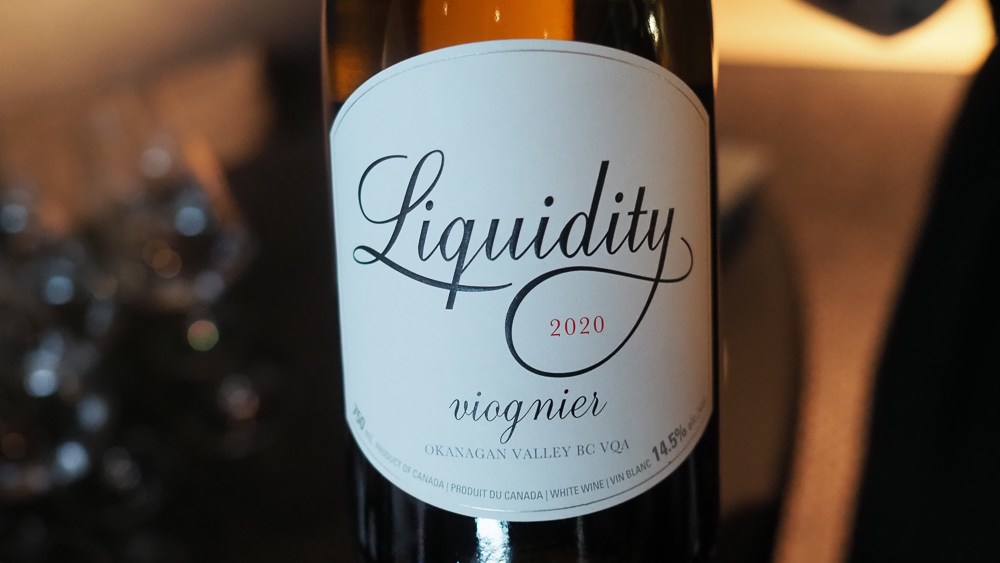When we first moved to Chestermere we had to make some phone calls to hook up the essential services. Some might guess what was first on my list. It wasn’t the water, it wasn’t the gas, it wasn’t the mail box key: it was the internet. We bank online, manage our schedules online, and we get our news and important services all through the internet. Like most people, our smart phones are as essential as our glasses, wallet, and car keys when we head out the door. We need to be connected.
But there is one thing we do online more than anything else: we engage with others. Through email or Facebook, via twitter or texting, we have built up most of our relationships using the internet. The same is true of most Canadians. Studies in 2015 show that Canadians are some of the most frequent users of Facebook in the world. These studies show that 59% of adult Canadians have a Facebook account. Between 30% and 40% of adults have a LinkedIn account and Instagram is a growing point of connection for younger people.
Nearly 50% of those with Facebook accounts use it everyday. It is estimated that 20 million people in Canada will use some form of social media this year. In many ways, this is astonishingly good news. Families who live apart are able to share photos, best friends can keep in touch, and good ideas can be shared, leading to more innovation and collaboration. Social media may create new groups, clubs, and associations that would not have existed before.
But behind the numbers is another trend that gives me a moment of pause. Over 40% of people do not use Facebook, over 15 million people will not use social media this year, and the vast majority of seniors do not access these kinds of social networks. This is not to say that all of these people do not have social connections and friendships, but it does lead us to consider that there are those, right in our communities and neighbourhoods, who are disconnected in one way or another. Through divorce, a single father might feel isolated. Through sudden death a widow may mourn her loss alone. Whether they are new Canadians who may not know the language or culture, or a college student far from home, our city has hundreds of stories of people who are not connected, not known, or not part of a community or a group. In their darkest moments, they may feel forgotten.
Becoming a community of grace and hope means that we are a community that remembers. The word, “remember” is the opposite of “dismember.” To dismember is to break apart, to create separation. But when we re-member, we re-connect, re-attach, or re-join that which was once pulled apart. To remember those who are alone or isolated is about more than just thinking about them, it is about actively welcoming them into a new kind of connection.
Facebook may be a great way to connect with half of our community, but it takes kind, gracious, and courageous neighbours to find and build relationships with everyone else. When we become a city that re-members the young and the old, the elderly and the new, the lonely and the forgotten, we will become a city on a hill that shines brightly for everyone to see.









